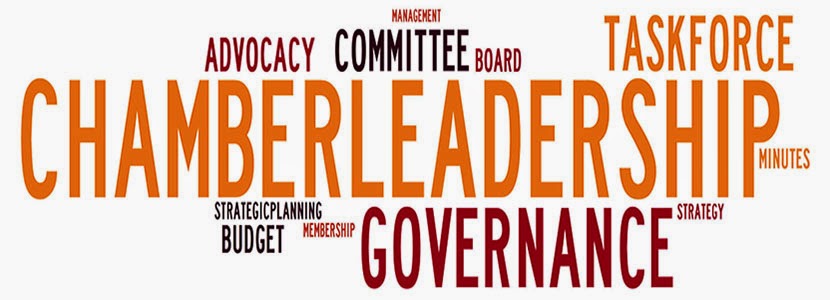I recently attended a webinar led by Bill Graham, Graham Corporate Communications and Institute for Organization Management faculty member.
He started with the concept that you need to focus on what your members are worried about and connect your email to their world.
Bill always reminds his audiences that communication is not speaking or sending emails, those are activities. "Communication is a result; it's what you get into their head." “Think of communication as a one-way street. Nobody has to listen.”
He went on to talk about specifics as it relates to the subject line, introduction, body and the close of your email.
Subject line: It’s the penthouse of the email real estate, the most valuable, so find a unique perspective that engages the receiver.
Introduction: Your first words matter because they see them on your phone, so be personable, respectful, friendly and helpful. Focus on them not you.
Body: Focus like a trusted advisor, not like a salesperson. You are taking up their time. It should be worth their time, not worth your time.
Close: With a “Call to Action” - if they got to the end, they want an action step, so ask them to: attend a meeting, make a decision, attend a conference call, etc.
He also gave us some general email rules to follow:
- More is seldom more;
- Positives turn on, negatives turn off;
- Simple is memorable, complex is forgettable;
- Avoid cliches, they always sound like autopilot; and
- Be personable and comfortably friendly...at a respectful distance.
Some general tips throughout his presentation that he gave that I had to write down because I think they are repeatable:
- Before you speak...WAIT - ask yourself: "Why Am I Talking!
- Change your pronouns to: you/your, or even: they/their. Using first person pronouns: I/my/we/our, is talking about your world, not their world.
- Are you a trusted advisor?
The final bullet, in my opinion, was his main message - “are you a trusted advisor?”
Bill suggests you’re a trusted advisor if you:
- Engage with your members;
- Ask questions and listen to your members;
- Are interested in your member’s needs; and
- You focus on long-term relationships...not short-term gains.
In closing, and focusing on the suggestions from Bill Graham and the title of this blog post, your emails should focus on the following:
- Subject Line - engage the receiver.
- Introduction - focus on them…they see the first few words.
- Body - be a trusted advisor and focus on their world, their results: reasons, motives and goals.
- Close - end the email with a “Call to Action.”
If it’s not about their world...it’s likely not communicated...it’s just NOISE.
Be a trusted advisor and keep your emails member-focused!


